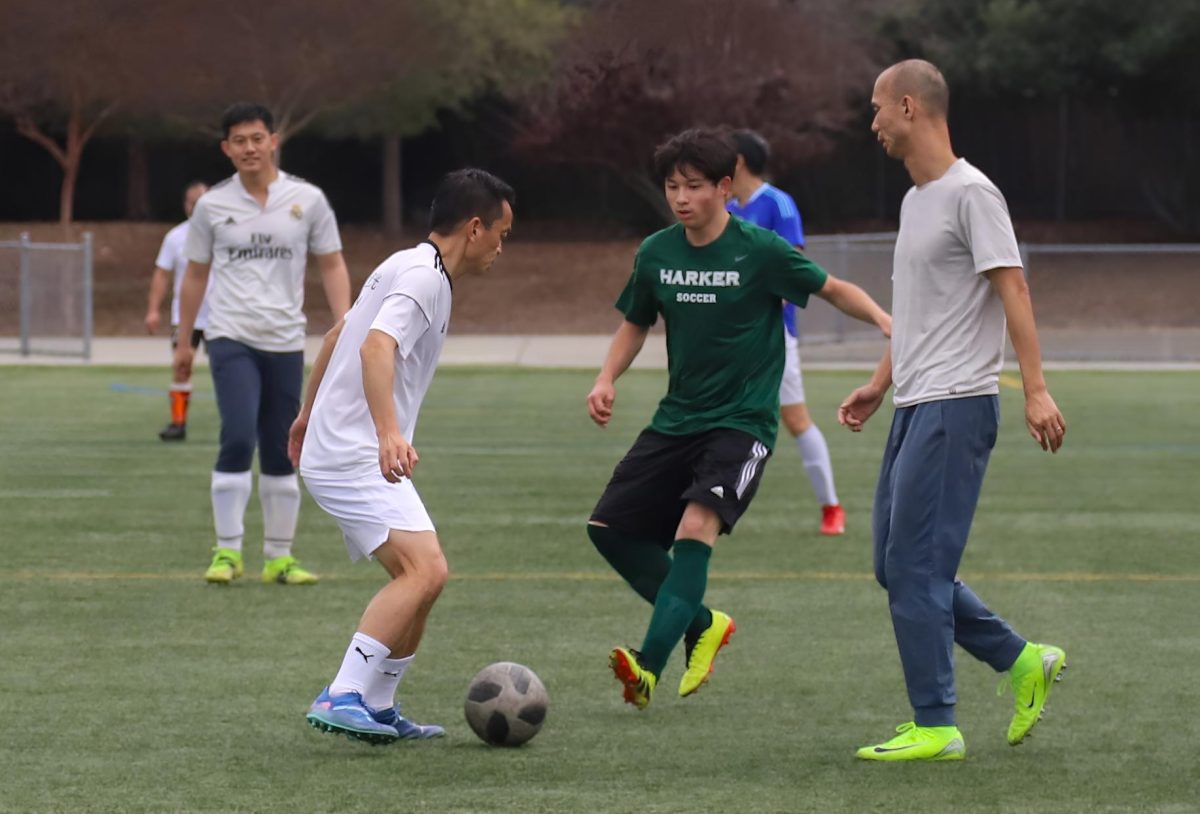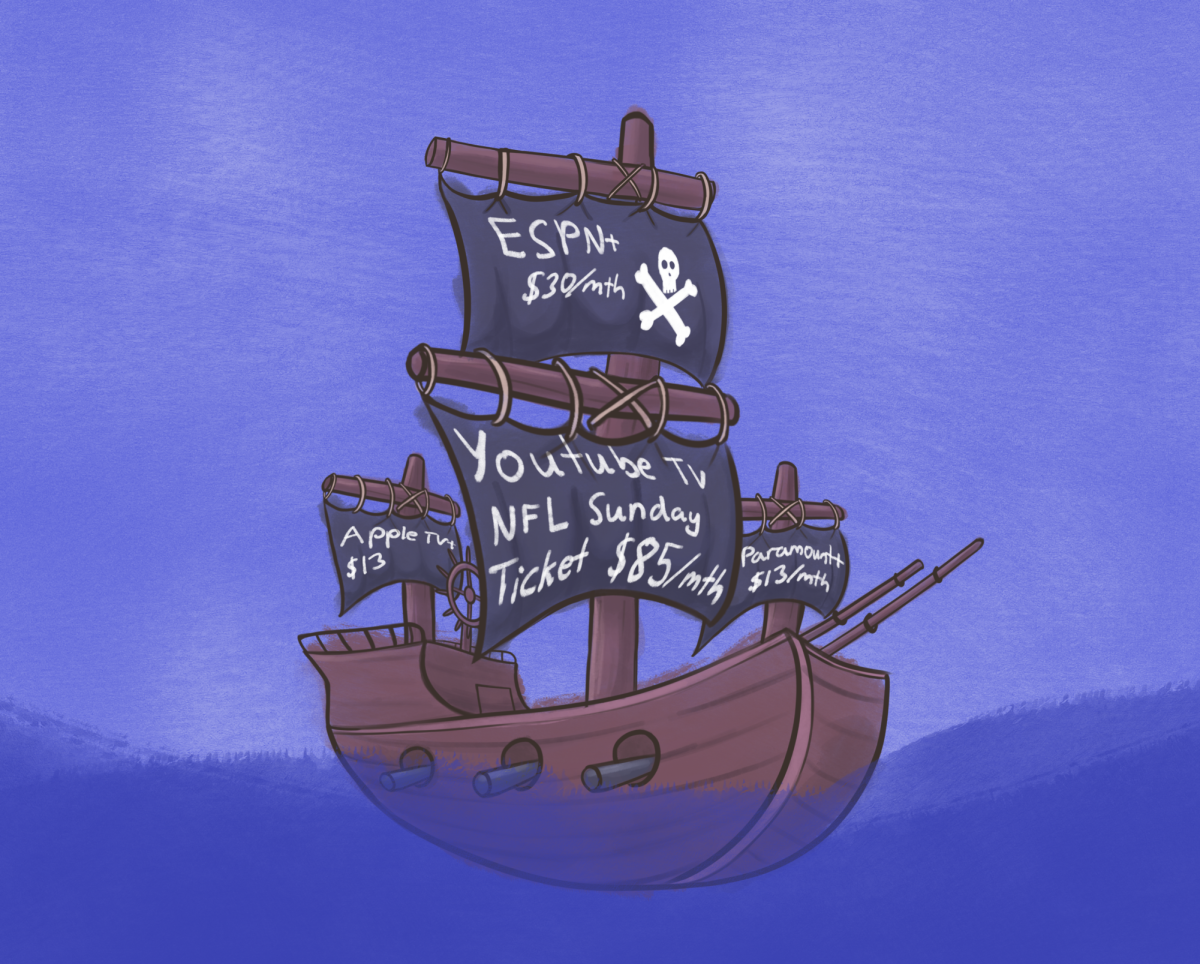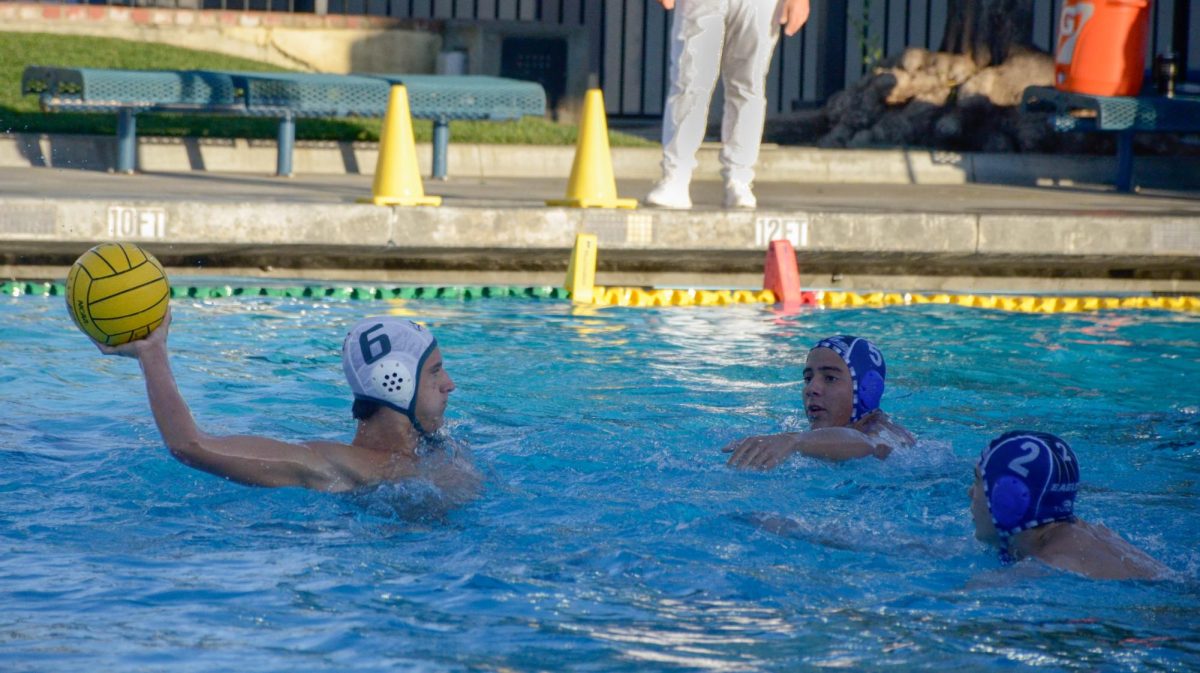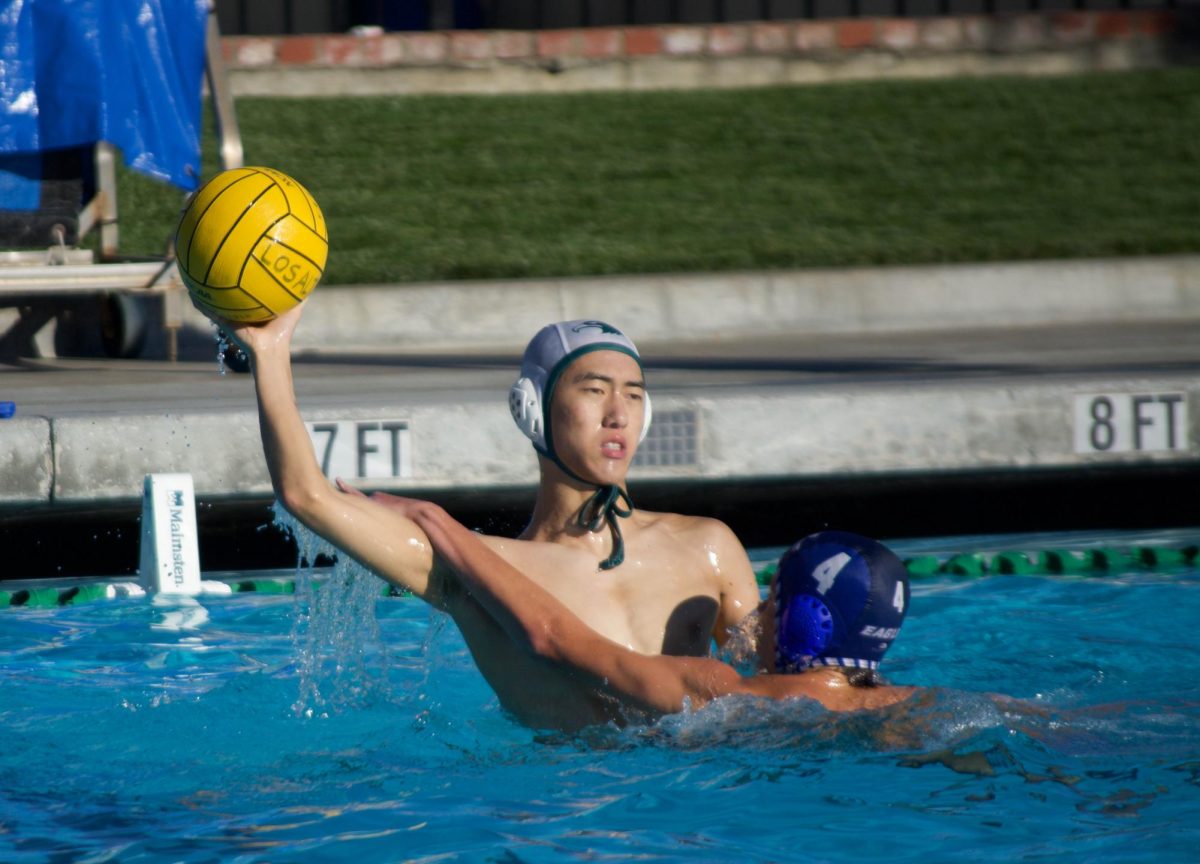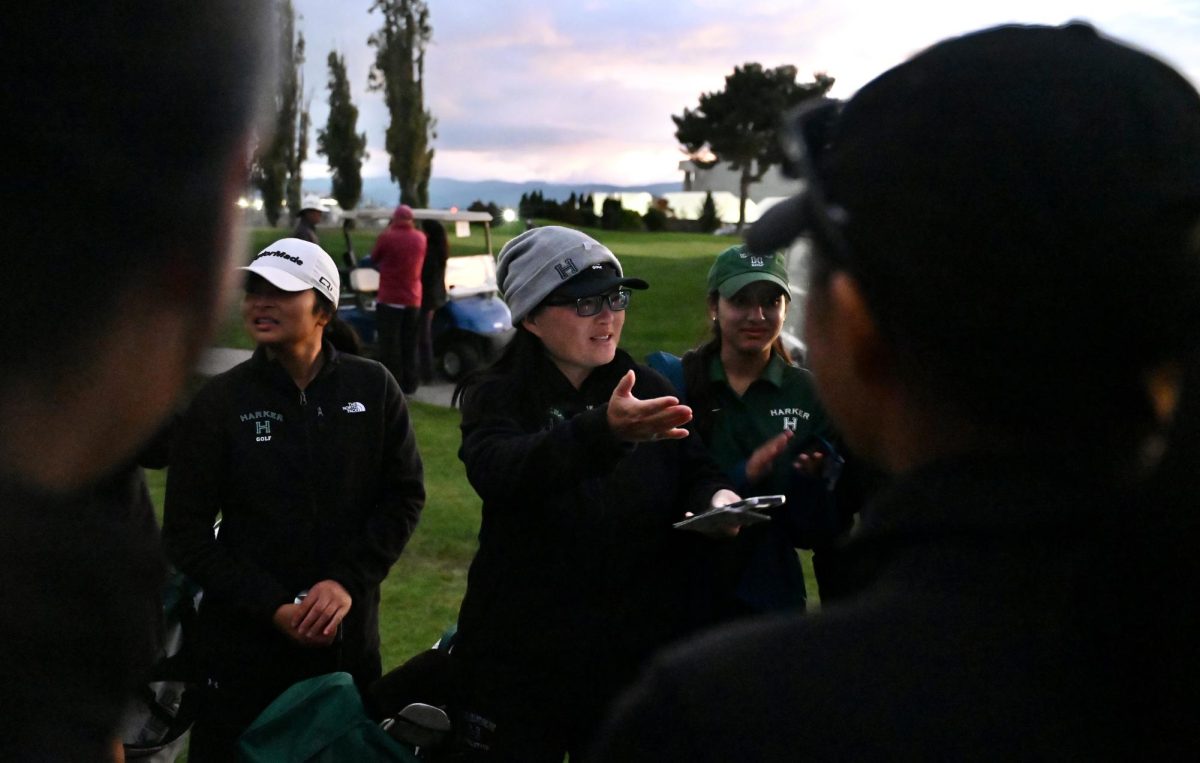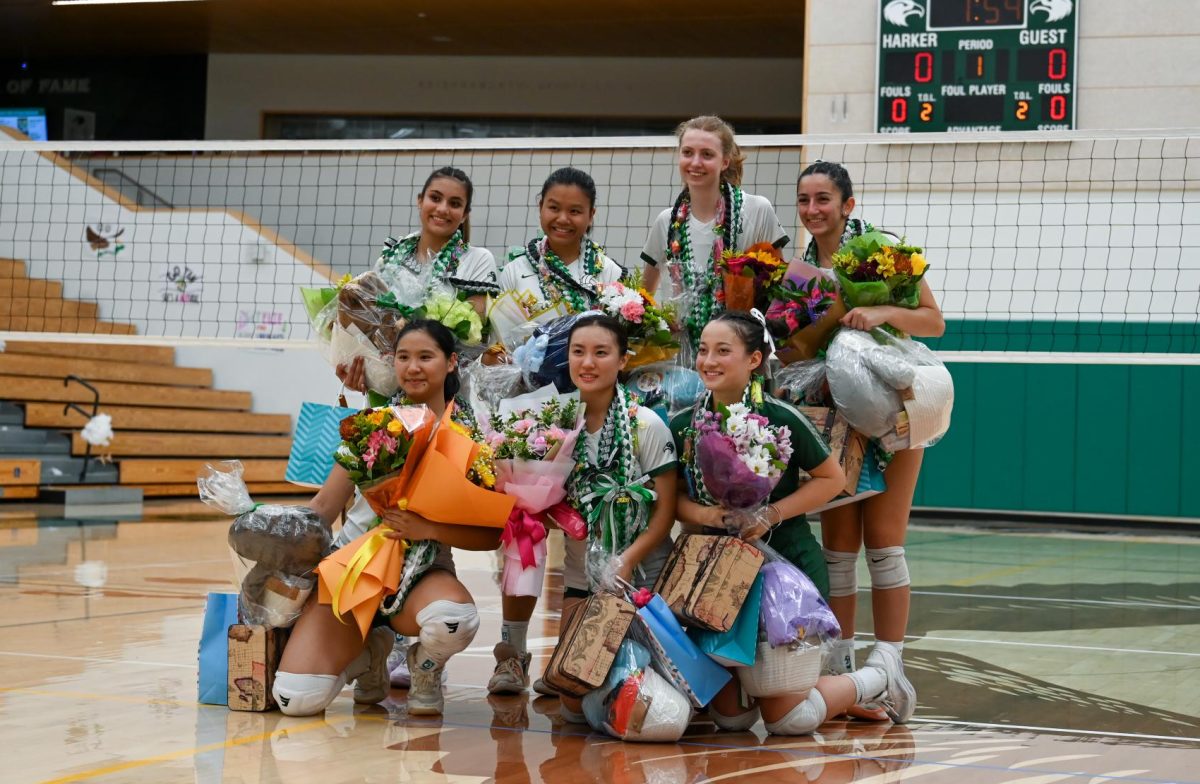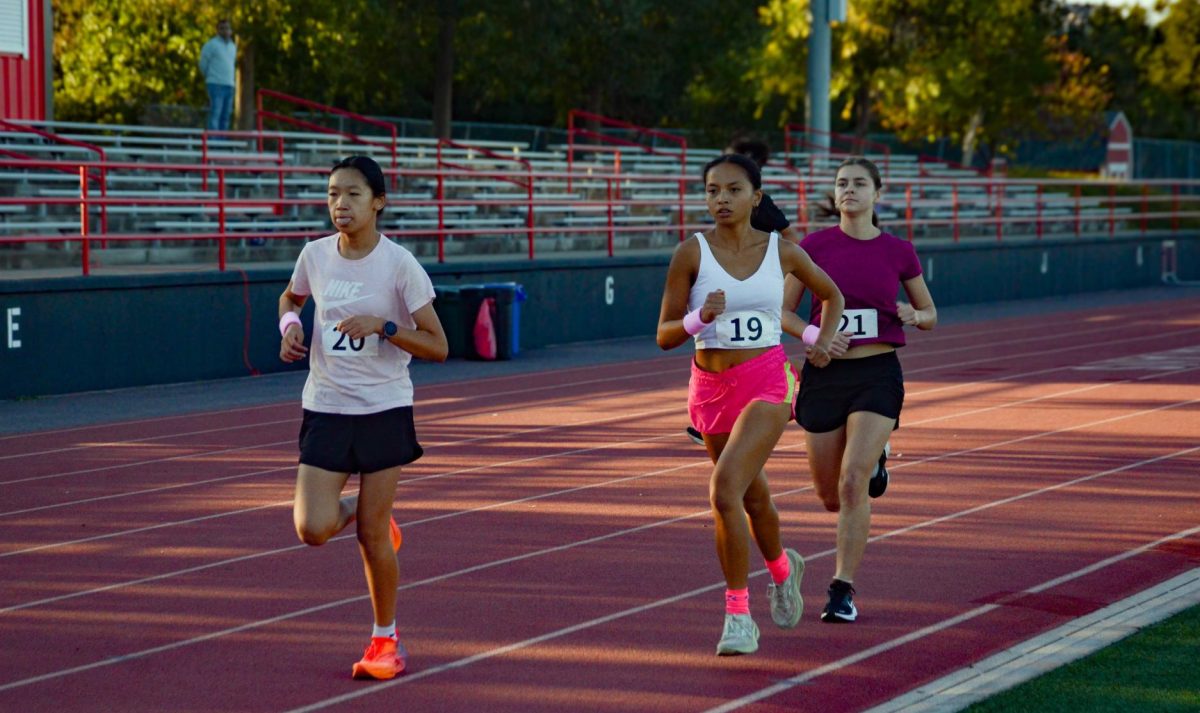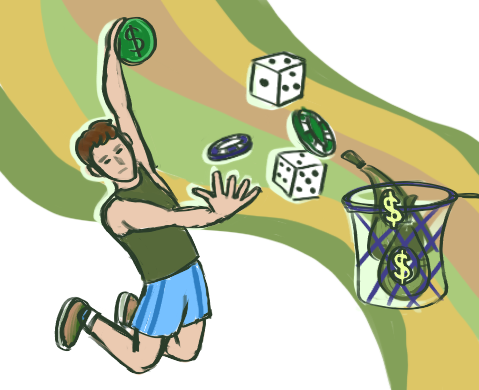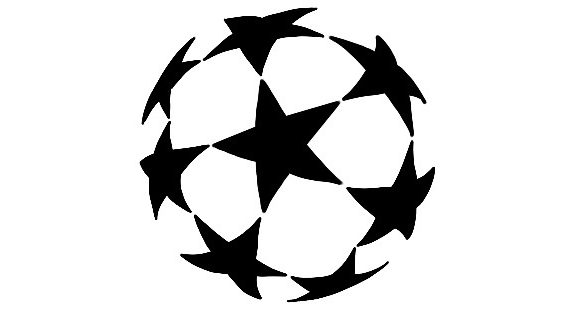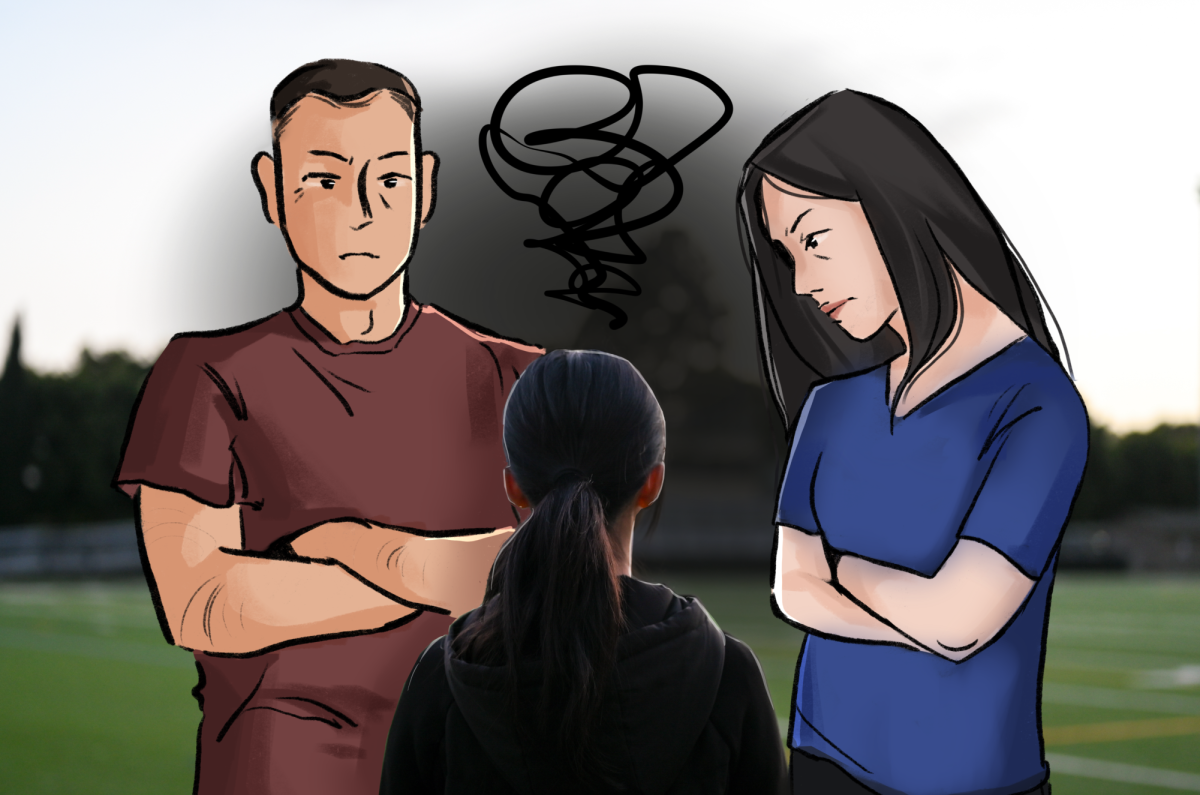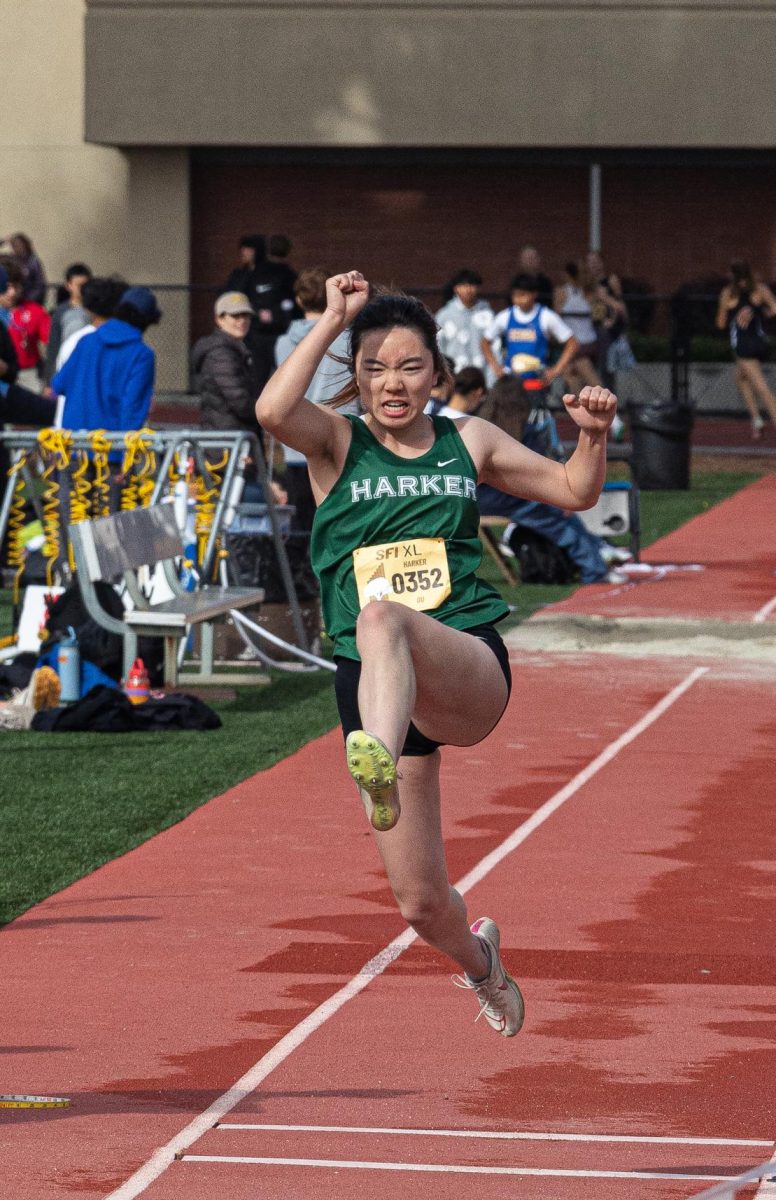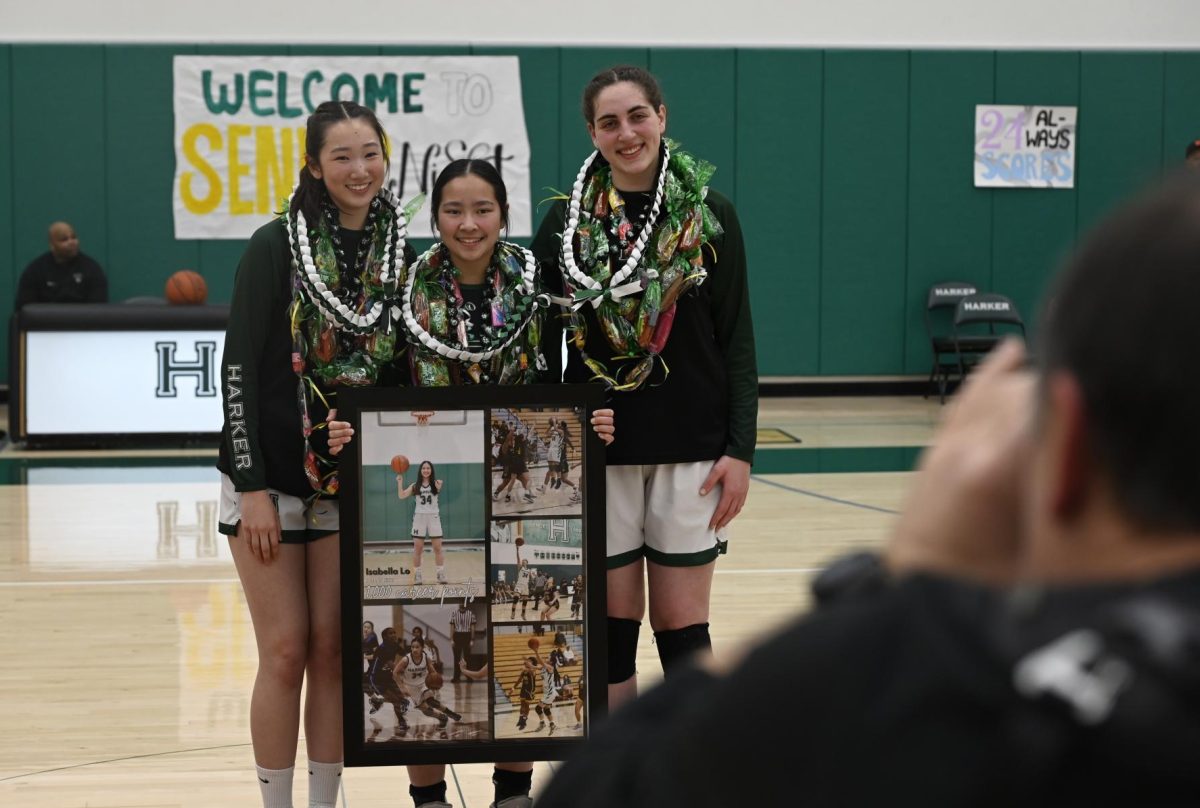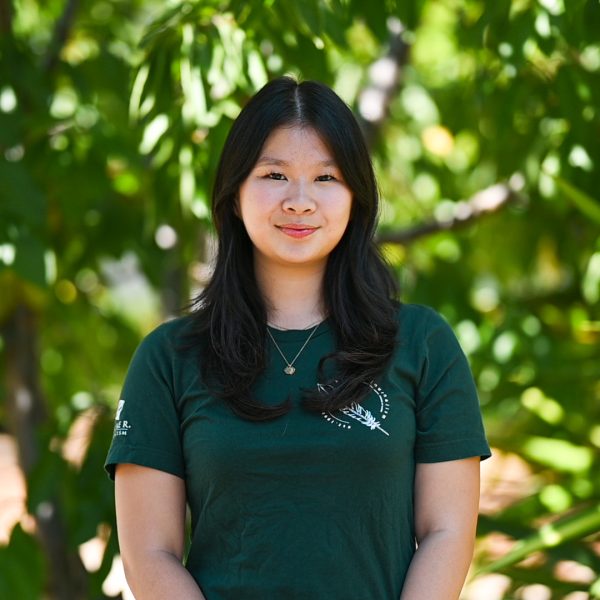Sports can carry the connotation of highly competitive environments where teams or individual players ultimately triumph over another in a high-stakes match. However, for those that still want to play sports without the pressure, pickup games offer more relaxed and flexible options.
Pickup games allow athletes to play on informal teams in a casual environment without the constraints of a strict point system or league. Most pickup games operate on an open invitation basis, where players can join community groups or simply show up at local courts, fields and gyms during playing times.
Beach volleyball player Claire Sun, a senior at Castilleja, plays pickup beach volleyball after school and on weekends. Since most beach volleyball clubs are in Berkeley or Santa Cruz, making daily commutes is impractical. Instead, Claire plays pickup to continue honing her skills even outside of clubs.
“I’m part of a lot of adult pickup groups and essentially there’s these big group chats with 80 to 100 people in them,” Claire said. “Somebody will be like, ‘Anybody down for a game today?’ and people would just show up. It’s a great way to meet new people and play with people of all different skill levels. Everybody is there to have fun because they truly love the sport.”
Varsity boys basketball player Timmy Chen (11) frequents local gyms like OFJCC and Bay Club Santa Clara for pickup basketball games, where athletes gather to play short games to 15 points on two courts. Players rotate through teams in 2v2 or 3v3 formats.
“Pickup is that perfect intermediary where you don’t have to give it that much of a commitment, but you’re still able to play the game,” Timmy said. “It’s way more laid back. You’re not really trying to get super good, you’re not super competitive — you’re just there to have fun.”
Pickup culture is more spontaneous than competitive sports, since teammates play without a set schedule and do not pressure each other to score points. Often, games operate with relaxed rules and flexible team structures, prioritizing enjoyment over competition.
Junior varsity boys soccer player Luca Barchietto (10) regularly joins pickup soccer games at local high schools like Cupertino and Lynbrook. These gatherings are organized on an online group with about 300 members and typically attract 10-30 players of varying ages and skill levels every day.
Unlike competitive sports, the group Luca plays with doesn’t actively keep score throughout the match or tally up season records. Instead, after about two to three hours of play, a player will typically call “last goal wins,” creating a brief moment of lighthearted competition to end the day.
Since the teams in pickup are not confined by gender or age, athletes can learn from players from all backgrounds and expose themselves to techniques they wouldn’t encounter within school or club teams.
“Pickup is a less stressful environment than high school sports because people aren’t necessarily counting every goal that’s scored,” Luca said. “If you make a mistake, no one really remembers or pays much attention. I’m free to try out whatever I want without fear of getting people mad at me, which drives me to try out some new things, which I normally would not try.”
Luca sees pickup soccer as a way to refine the techniques that school training does not emphasize. Through pickup soccer, he learned skills like overlapping runs, where a player runs past the ball handler to open up a new passing lane, which he now implements into formal matches.
Beyond skill development, pickup sports allow participants to foster connections with people they may not interact with on a regular basis.
“I’ve met a lot of players from like other schools like Gunn or Mountain View that I now know when we play against them for school basketball,” Timmy said “But also, I’ve made friends with a lot of the adults there, which is interesting because usually I don’t come into as much contact with people who are older than me.”
These cross-generational connections often evolve into mentorship opportunities, creating an informal support system for all players. Luca appreciates the feedback and praise he receives from older players, acknowledging that pickup’s looser structure empowers him to lead his team members on the field.
“Since in pickup there are not any captains or team leaders, there is room for individual players to take on some leadership,” Luca said. “No matter who they are, if they feel that a certain pass is right or if it’s the right time to shoot, they can. Anyone can chime in and say what they need to say.”
Ultimately, pickup sports remind athletes why they play the game in the first place––not for trophies or recognition, but for unpressured enjoyment and connections with teammates.


















![“[Building nerf blasters] became this outlet of creativity for me that hasn't been matched by anything else. The process [of] making a build complete to your desire is such a painstakingly difficult process, but I've had to learn from [the skills needed from] soldering to proper painting. There's so many different options for everything, if you think about it, it exists. The best part is [that] if it doesn't exist, you can build it yourself," Ishaan Parate said.](https://harkeraquila.com/wp-content/uploads/2022/08/DSC_8149-900x604.jpg)




![“When I came into high school, I was ready to be a follower. But DECA was a game changer for me. It helped me overcome my fear of public speaking, and it's played such a major role in who I've become today. To be able to successfully lead a chapter of 150 students, an officer team and be one of the upperclassmen I once really admired is something I'm [really] proud of,” Anvitha Tummala ('21) said.](https://harkeraquila.com/wp-content/uploads/2021/07/Screen-Shot-2021-07-25-at-9.50.05-AM-900x594.png)







![“I think getting up in the morning and having a sense of purpose [is exciting]. I think without a certain amount of drive, life is kind of obsolete and mundane, and I think having that every single day is what makes each day unique and kind of makes life exciting,” Neymika Jain (12) said.](https://harkeraquila.com/wp-content/uploads/2017/06/Screen-Shot-2017-06-03-at-4.54.16-PM.png)








![“My slogan is ‘slow feet, don’t eat, and I’m hungry.’ You need to run fast to get where you are–you aren't going to get those championships if you aren't fast,” Angel Cervantes (12) said. “I want to do well in school on my tests and in track and win championships for my team. I live by that, [and] I can do that anywhere: in the classroom or on the field.”](https://harkeraquila.com/wp-content/uploads/2018/06/DSC5146-900x601.jpg)
![“[Volleyball has] taught me how to fall correctly, and another thing it taught is that you don’t have to be the best at something to be good at it. If you just hit the ball in a smart way, then it still scores points and you’re good at it. You could be a background player and still make a much bigger impact on the team than you would think,” Anya Gert (’20) said.](https://harkeraquila.com/wp-content/uploads/2020/06/AnnaGert_JinTuan_HoHPhotoEdited-600x900.jpeg)

![“I'm not nearly there yet, but [my confidence has] definitely been getting better since I was pretty shy and timid coming into Harker my freshman year. I know that there's a lot of people that are really confident in what they do, and I really admire them. Everyone's so driven and that has really pushed me to kind of try to find my own place in high school and be more confident,” Alyssa Huang (’20) said.](https://harkeraquila.com/wp-content/uploads/2020/06/AlyssaHuang_EmilyChen_HoHPhoto-900x749.jpeg)



